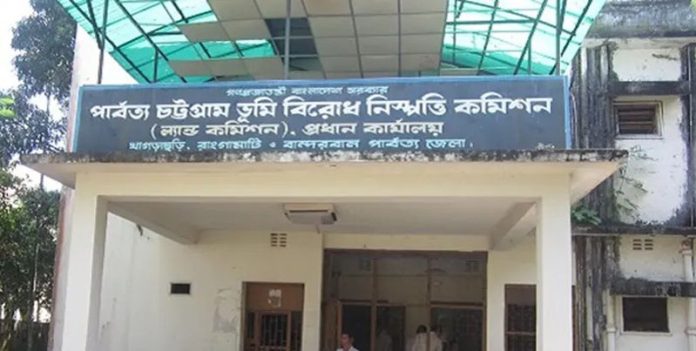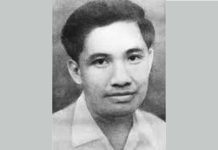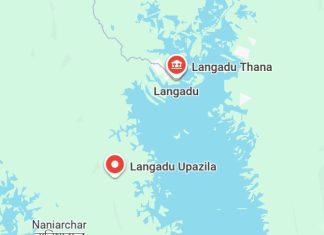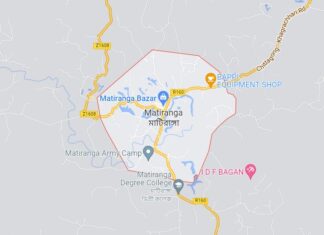Opinion Report
In Rangamati, the upcoming October 19 meeting of the Chittagong Hill Tracts (CHT) Land Dispute Resolution Commission has been postponed in the face of threats of strikes and blockades by an extremist settler organization. The calling of a commission meeting and its subsequent postponement in response to a single threat — all of this appears to be a staged drama. In this drama, the Chairman of the Land Commission and the extremist settlers are merely actors, while the true directors and controllers are the military rulers deployed in the Chittagong Hill Tracts. From behind the scenes, they pull the strings and manipulate these actors as needed.
Why was it necessary to manipulate them this time? The answer lies here: After the Guimara army-settler attack, the CHT issue has once again surfaced starkly before the nation. Various groups are voicing demands for a political resolution. The image of the military has sunk to a low point, and the apathy of the Yunus government on the CHT issue has become widely noticeable. Against this backdrop, a re-staging of the old drama has become necessary to pacify public anger and discontent — thus, the decision to convene a Land Commission meeting was made.
Naturally, questions arise: At whose behest is the Chairman of the Land Commission operating? Legally, he alone holds the sole authority to convene a meeting. He can call one whenever he wishes. In this process, other commission members have no role. So why did he not convene a meeting all this time? And why suddenly after the Guimara attack?
On the other hand, the reasons given by the extremist settlers to oppose the Land Commission meeting are entirely baseless. They claim that there is no Bengali representation among the 12 commission members. Firstly, this claim is utterly false. Secondly, it is worth reminding them that when Justice Khademul Islam Chowdhury was appointed as the Chairman of the Land Commission on July 19, 2009, the structure of the commission was exactly the same. Yet at that time, these extremist settlers did not oppose the meetings he called. So why the opposition now?
The current members of the Land Commission have been appointed on logical grounds — they represent institutions and land management authorities in the CHT. For instance, the three Circle Chiefs are not individuals per se but institutional representatives, historically tied to the land administration of the hills for generations. The same applies to the Hill District Councils, Regional Council, District Commissioners, and Divisional Commissioner. Therefore, the issue of “ethnic representation” — whether hill people or Bengalis — is irrelevant in this context.
However, the fact that a Land Commission meeting was postponed simply due to threats from a few extremist elements with baseless and unjust demands proves one thing clearly: Without strong political commitment from the government and steps towards a political solution to the land issue, the commission will not be able to resolve land disputes in the CHT.
To address land disputes in the CHT, one must understand the root causes, origins, and the interconnected nature of the issue. In homeopathic method of treatment, it is said: Homeopathy does not treat diseases — it treats patients. A true homeopath gathers a full profile of the patient’s symptoms, mental state, desires and aversions, hunger, thirst, etc., and then treats based on the principle of similia similibus curentur — “like is cured by like”. A homeopath does not treat just one isolated symptom such as a skin disease, but instead aims for the overall well-being of the patient. If the patient is healed holistically, the skin condition will also heal. If treatment targets just one symptom in isolation without addressing the whole person, the disease will not be cured, and the patient will not recover.
Similarly, attempting to resolve the land disputes in the CHT in isolation is doomed to fail. This is because the issue is inherently linked to the settler issue, military withdrawal (returning them to barracks), and autonomy/self-governance — all of these are deeply interconnected. Therefore, no single issue can be resolved in isolation. The land issue must be addressed as part of a broader political problem, and the solution must be sought in that context.
The Land Commission itself has many limitations. The CHT land disputes cannot be resolved through this commission alone. Because, fundamentally, the land issue in the hills is a political issue — and expecting to resolve it merely through legal procedures is pure folly.
(October 17, 2025)
———–












